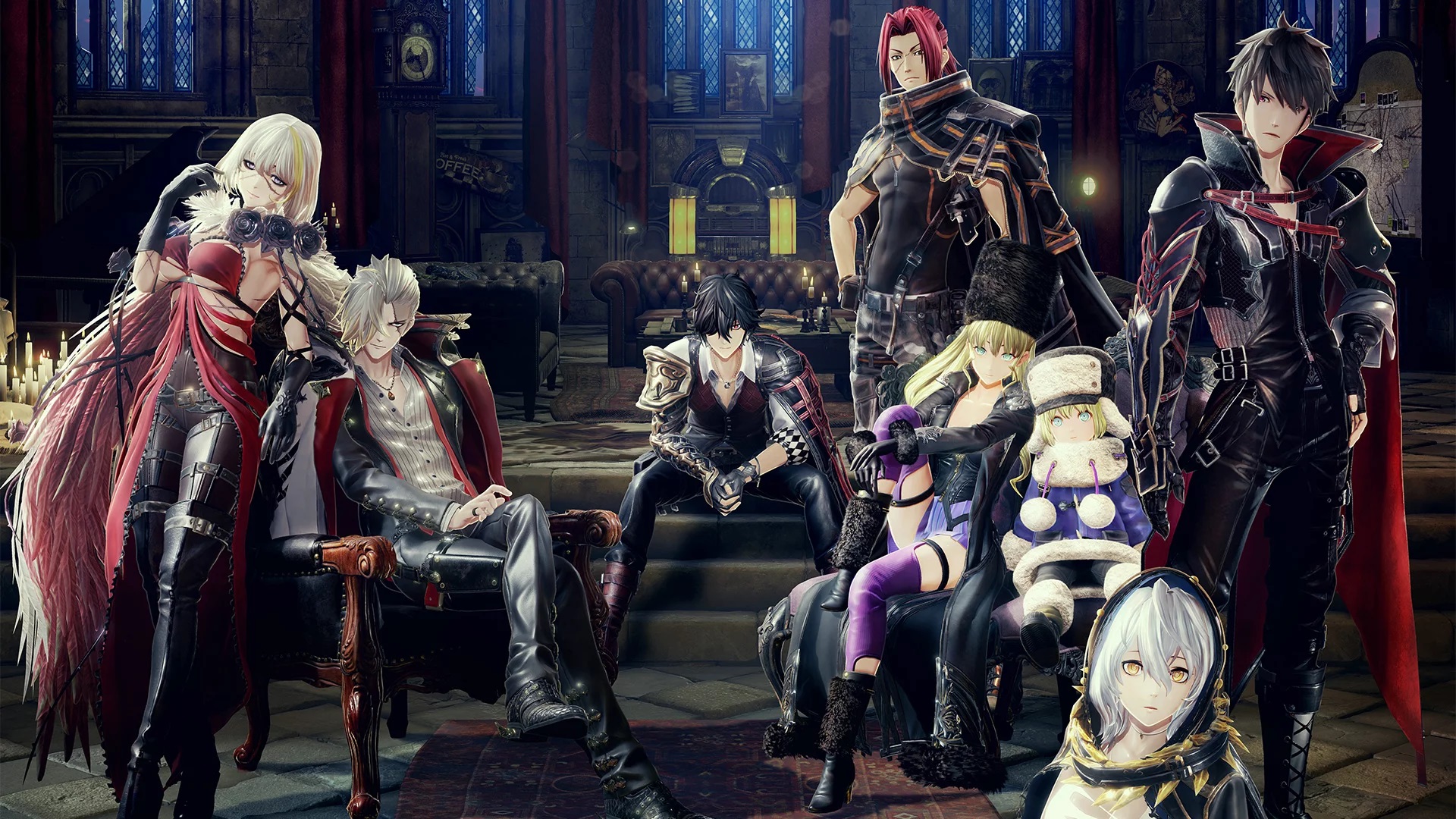
Last year when Code Vein quietly disappeared so that it could get some further polish before its release, I would be lying if I said that I was not at least a little worried. A game that blends the gameplay of Dark Souls with the aesthetic of God Eater was right up my alley, and had me counting down the days until its release. Luckily, after playing the game for roughly 20 hours, I am relieved to say that this is still the same game at its core. In many ways, Code Vein can be summed up as anime Dark Souls. When placed on a scale of Dark Souls 2 to Sekiro, Code Vein sits comfortably between Dark Souls 1 and Dark Souls 2. All “Souls-like” jokes aside, there were certainly points that caused me to struggle, and bosses that took a while to defeat. Code Vein is a pleasant balance between anime aesthetics and challenging gameplay, something that is not easy to do. While veterans of these kinds of games will have a much easier time than I did, I still can say that I enjoyed the experience that I had. Read my full review to find out why!
Code Vein
Publisher: Bandai Namco
Developer: Bandai Namco Studios
Platforms: Windows PC (reviewed), PS4, Xbox One
Release Date: September 26th, 2019
Players: 1
Price: $59.99
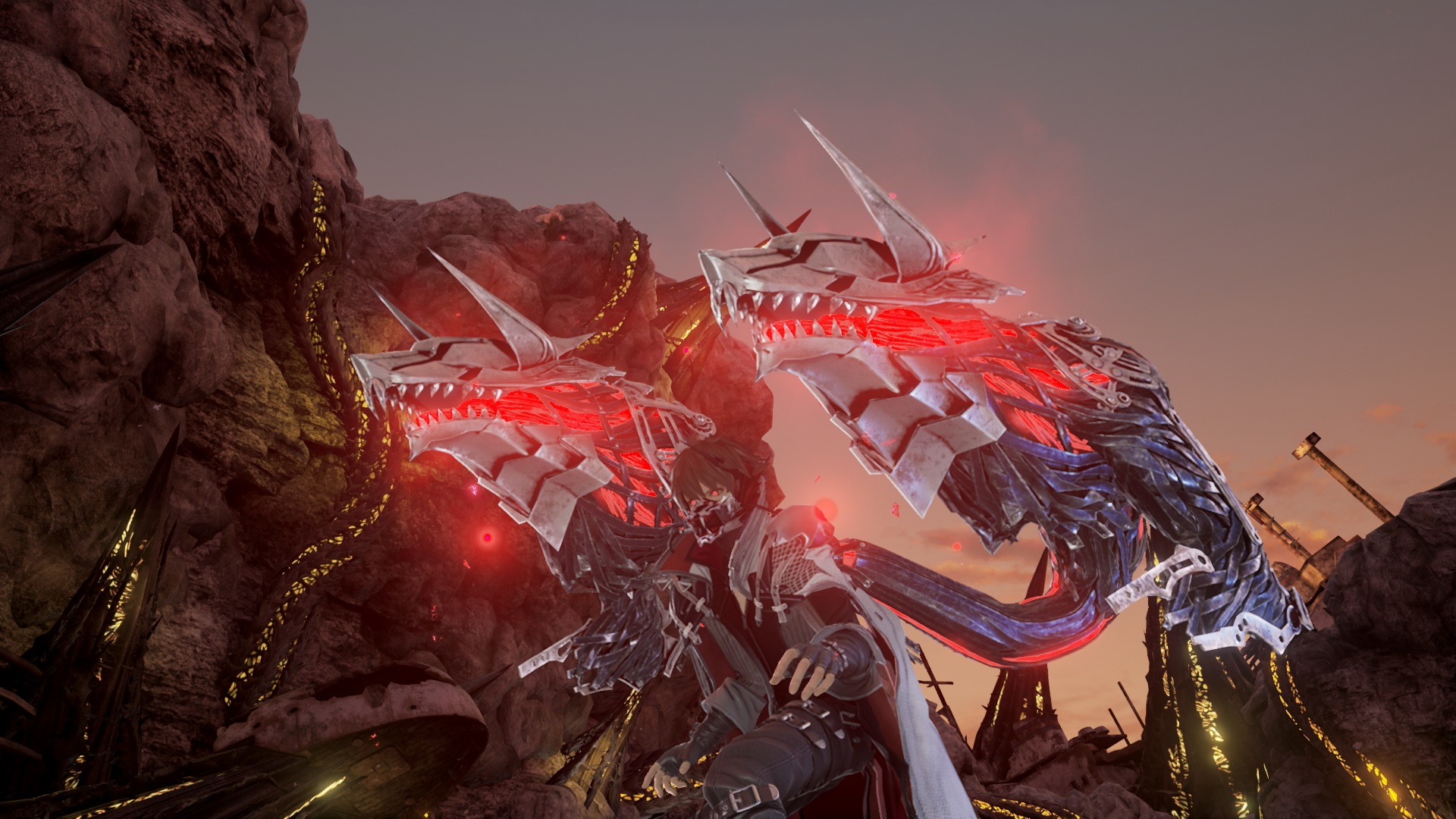
While on the surface Code Vein is no different than a Souls game, it is the details that allow it to stand apart. When you create a character for the first time, you learn that there is no way to “build” into a certain class. Rather there are many classes or “Blood Codes” to choose from and when first starting out, you will be given three.
You can swap between these Blood Codes at any time, which will change the abilities you can perform as well. Nearly every major companion you gain during your journey as their own Blood Code which you will gain access too as well, which allows for even more opportunities to further develop your character.
When you level up, you do not choose individual stats to put points into, rather you level up your character over all. My two favorite Blood Codes are Berserker and Atlas, which both favor the use of heavier weapons, which has always been more my style. That being said, there is a Blood Code for everyone, whether you want to use nothing but magical abilities, or want to stick to being a ranged fighter.
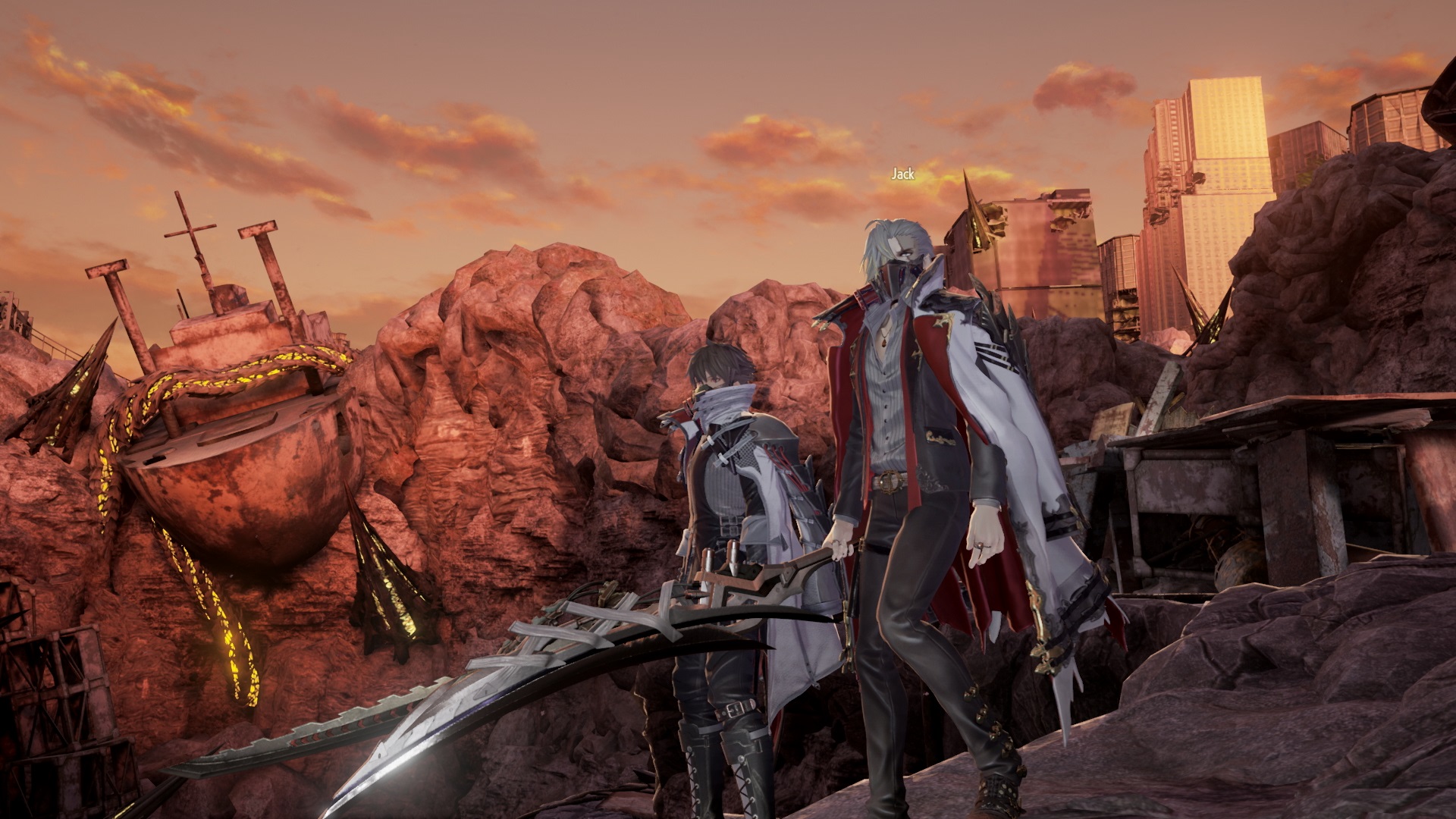
One thing that was certainly a disappointment to me was that there is a lack of weapon choices in Code Vein. Weapons fall into a small handful of categories: Sword, Big Sword, Spear, Bayonet, and Axe. Everything in the game will fall into one of these categories, but if I am being honest, I got my hands on a Zweihander in the beginning of the game that I never got rid of.
I was hoping for a little bit more variety, perhaps a bow or a whip or something. Regardless, even if there were many weapons to choose from, I felt that any weapon that did not do a ton of damage against enemies was not worth using, which led to me being forced to stick with one weapon for almost all the time I have played the game.
Luckily the lack of variety in weapons is made up for by the abundance of “gifts’ or magical abilities. These can range from passive and active buffs, or actually special moves that can be performed in battle.
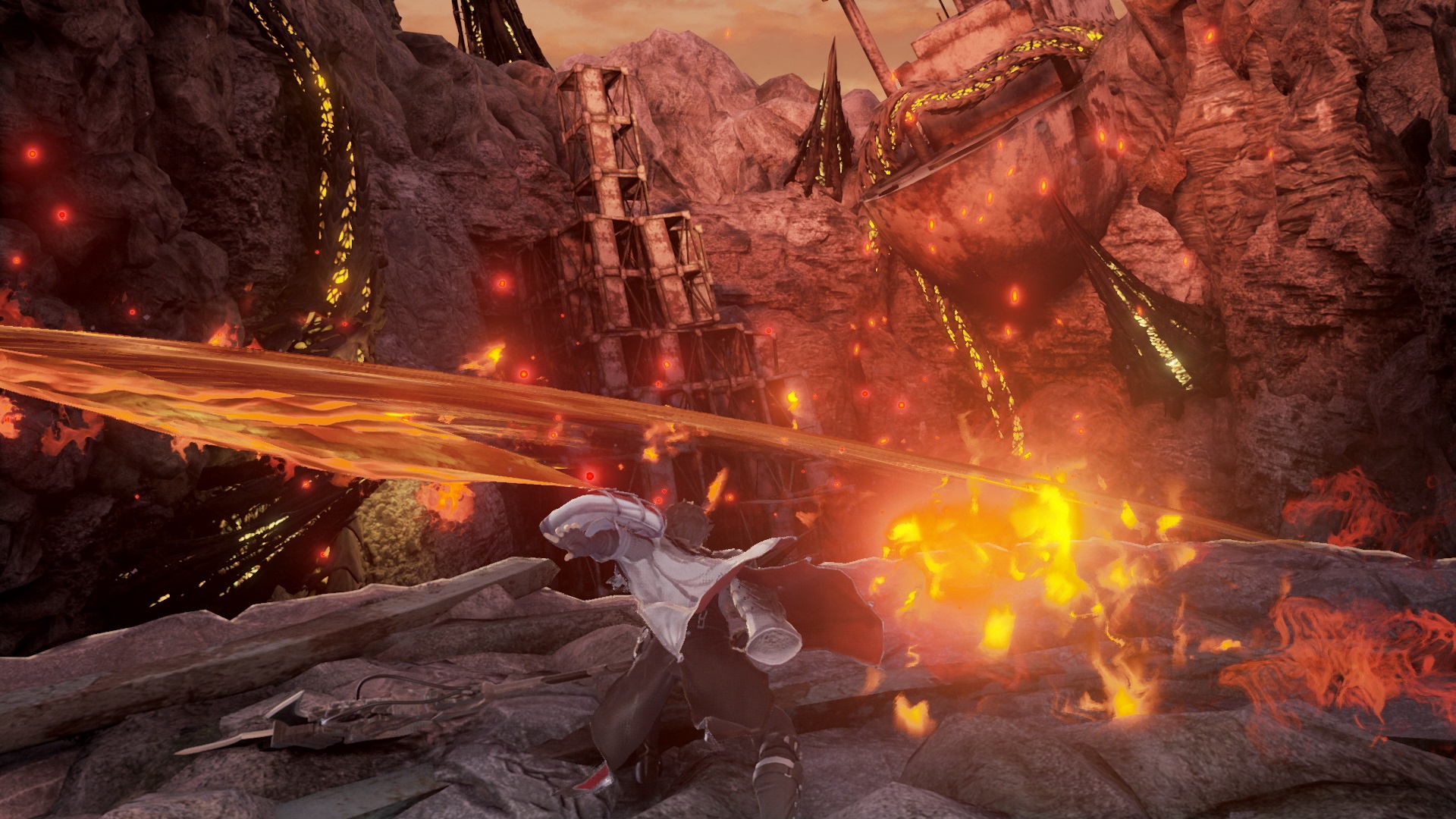
There were many times were I was nearly overwhelmed by a large group of enemies only to cut them down with a special move, before sprinting all the way back to a safe point. Some gifts can be used cross class, allowing the player to create a revenant of their own liking, tweaking it to match their playstyle.
Combat in Code Vein will feel familiar to anyone who has played a Souls game before. You will need to learn to block, dodge, and parry to take down your enemies and make your way to save points. Combat is faster than other games, with enemies capable of dealing out devastating attacks if you drop your guard for even a moment.
As you kill enemies, you will gain currency which is used to level up your overall level and stats, or can be used to buy upgrades for your Blood Codes. Despite being a punishing game, it also has a very anime feel to it, with special moves and giant anime swords that can be wielded with one hand.
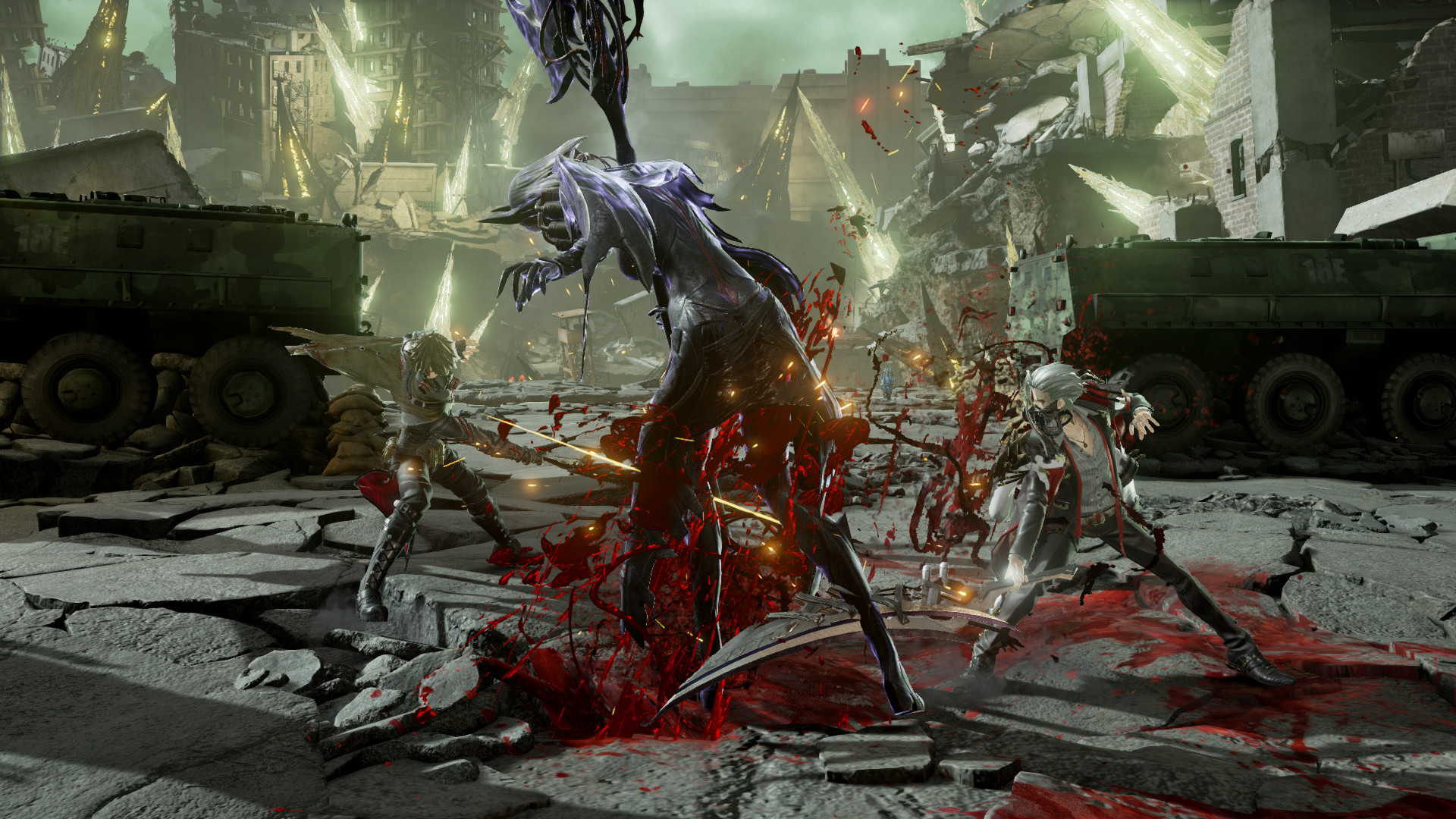
However, nothing is perfect and during my adventures, I often would run into enemies that would clip through my block and hit me for full damage, or enemies that would knock me down and corner me until I died, not allowing me any chance of escape or recovery. Even for a Souls-like, this was frustrating, especially with how healing has a delay and will more often than not punish you even more.
The story of Code Vein is interesting but at times felt very shallow. Not very much is left up to interpretation or imagination as the game constantly seems to beat you over the head with its message and themes. In the world of Code Vein, the world has ended and you reawaken in the post-apocalypse.
There are two types of people who are left; humans, who make up the minority, and Revenants, immortal vampires. The Revenants survive off of the blood of humans or of mysterious items called “Blood Beads”.
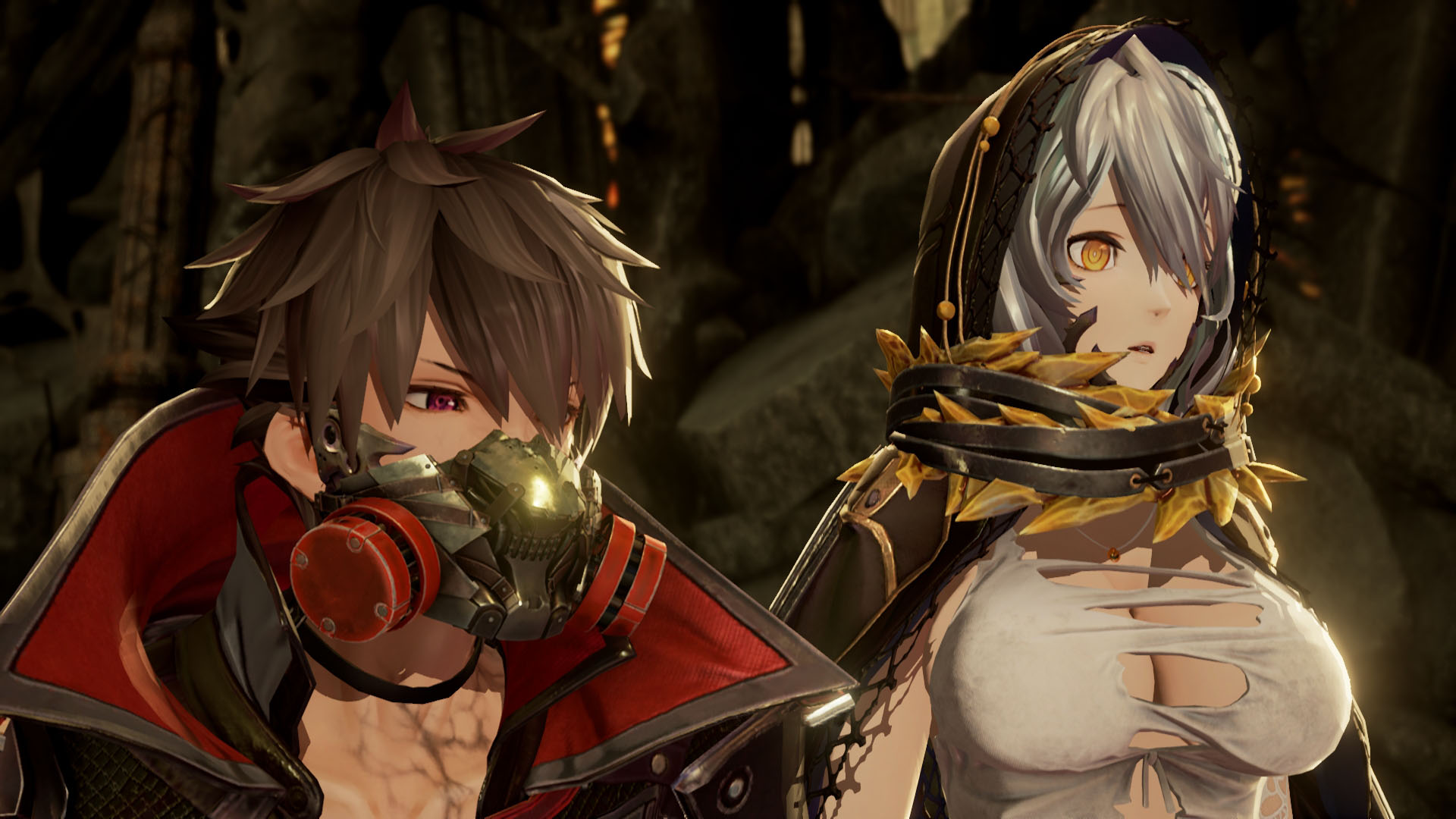
Humans, who are obviously weaker than Revenants are therefore relegated to the position of cattle. From the beginning there is a very clear power dynamic here where the humans rely on the Revenants for protection and the Revenants rely on humans for blood.
You are the chosen one, a special Revenant who has no Blood Code, which allows you to instead copy the Blood Codes of others, granting you their powers. With this gift, you are told that you are the world’s only hope for salvation.
As humanity has begun to die out, the supply for blood has been getting lower, and when a Revenant does not get blood, they enter into a frenzy, which eventually leads them to permanent insanity, also known as becoming “Lost”, similar to the way that the Chosen Undead in Dark Souls eventually become Hollow.
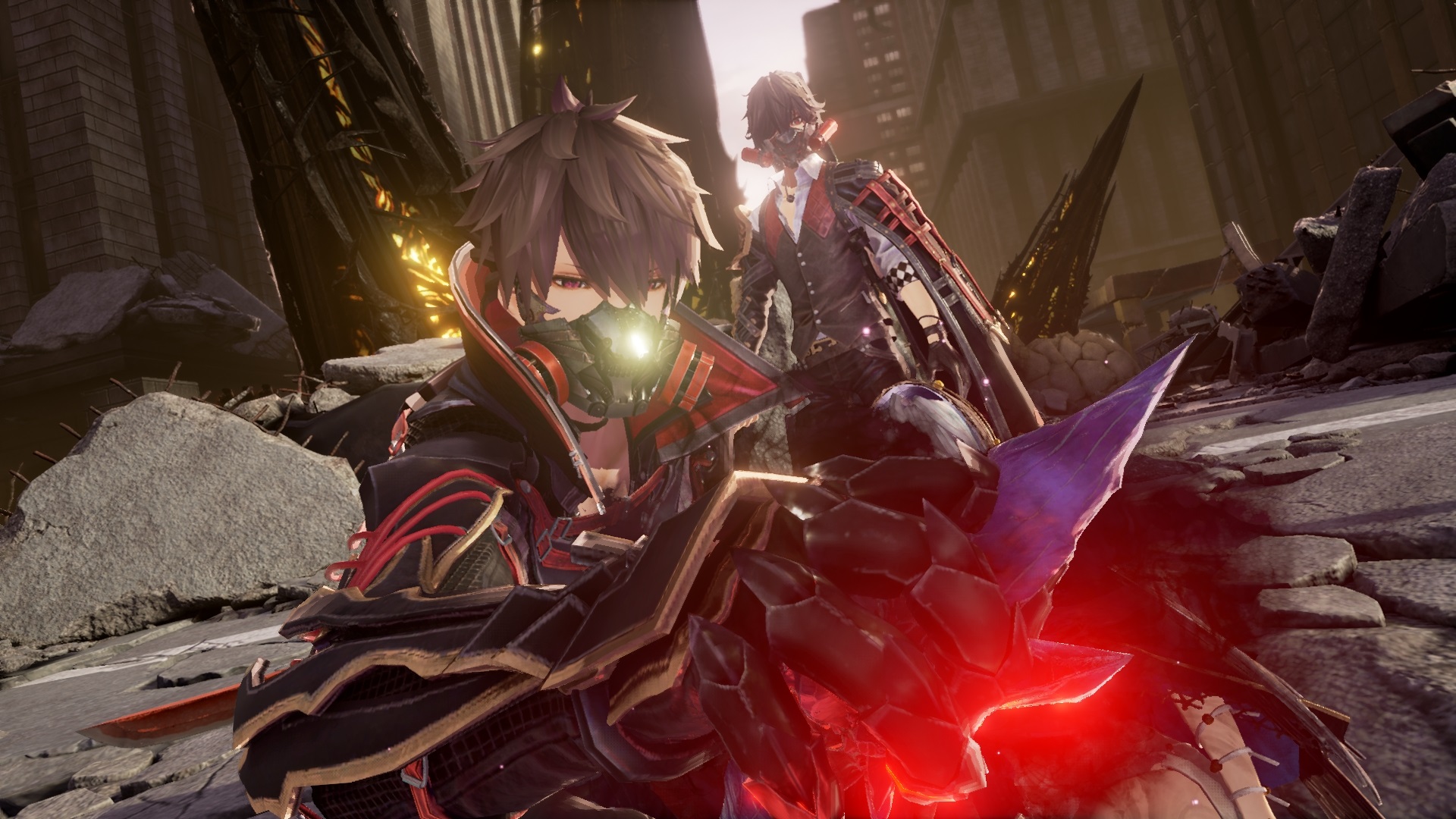
You, alongside a group of other revenant companions you meet along the way, work together to try and find a solution to the crisis in order to help those few who continue to live in this broken world. If I am being honest, the story does not get much deeper than this. It tells as much story as it needs to without being overwhelming.
What is more important that the overall narrative of Code Vein is the stories of the individual characters. During your journey through the game, you will come across fragments of Blood Codes which are used to unlock new abilities in the Blood Codes you gain. When you do find these, you will be taken into a lost memory of someone you know in the game.
You will witness a significant, and usually sad moment from their previous life, something that led them to this moment. Louis, for example, seems to live a life that is only filled with sad moments. I found these to be a lot more compelling than anything that the main narrative had to offer me.
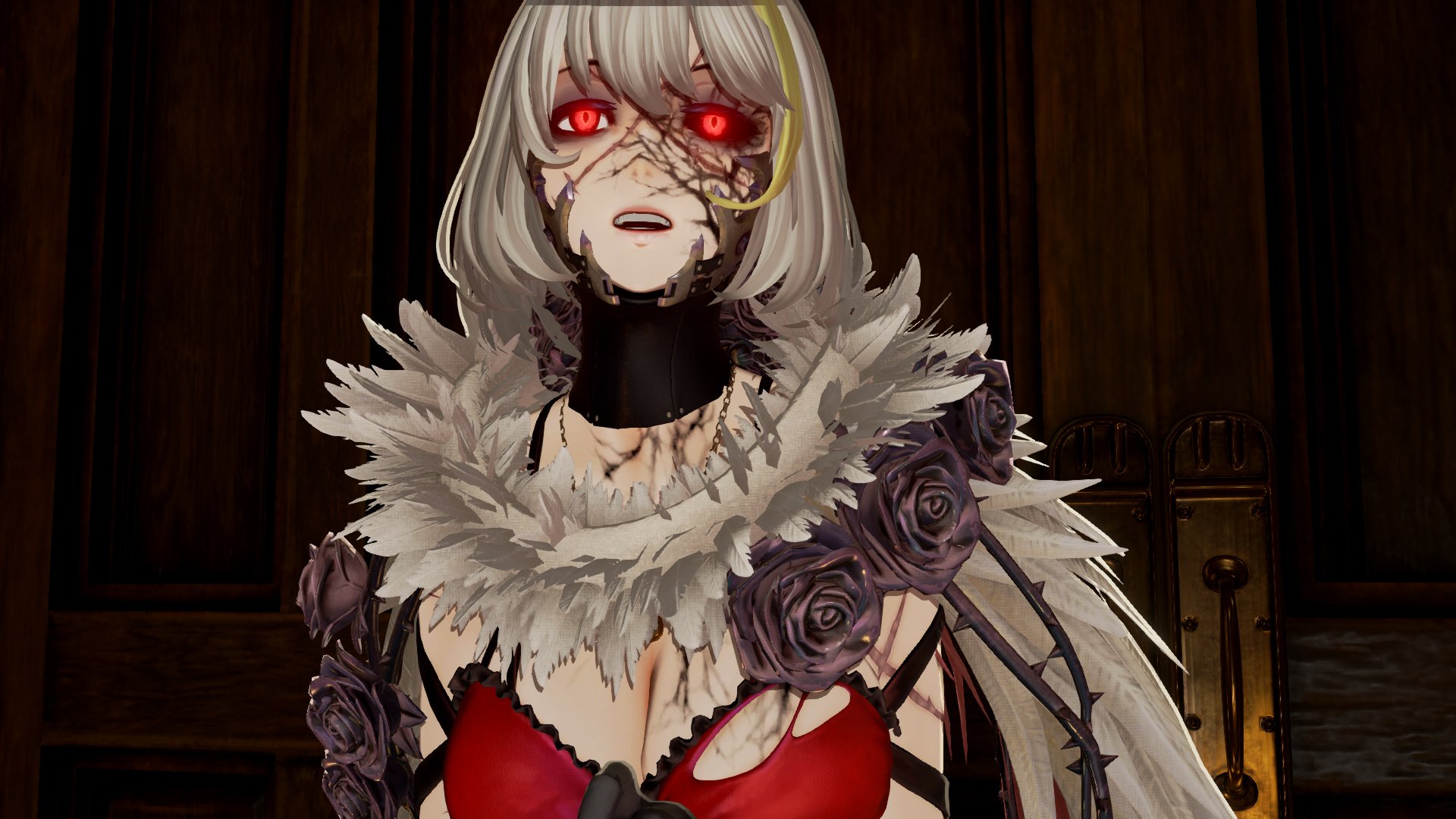
Despite any moments of levity in Code Vein, this game has a depressing atmosphere. Even if the main character is believed to be the key to saving the world, it does not really feel like there is much hope to be had for those who currently inhabit the ruins of Earth.
Unfortunately, the one thing that I felt was missing from Code Vein in comparison to a game like Dark Souls is the reasoning behind the bosses. The bosses look awesome and I was often left to wonder why is it that they were there in the first place. In a game that has cutscenes and a proper narrative, most of the bosses in Code Vein just felt like they happened to be in the right place at the right time.
While I have issues with certain aspects of the story of Code Vein, I can already tell that it will be improved in a sequel. There is already enough in this story to make it feel like the groundwork has been set and is ready to be built upon. But as it stands, the story of Code Vein is a little on the weaker side.
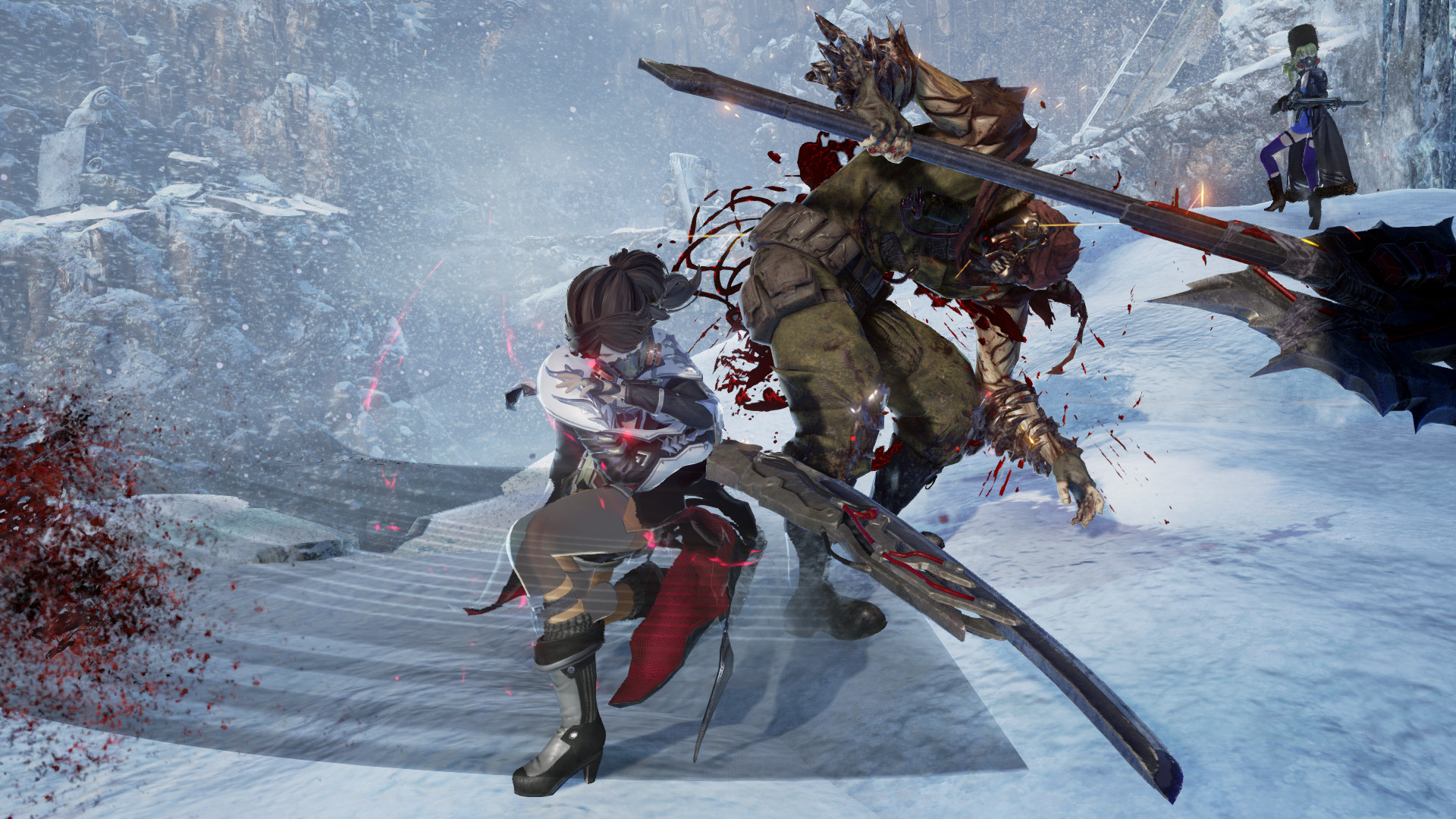
I have mentioned it several times already in this review, but if you enjoy the presentation of the God Eater games, you will thoroughly enjoy Code Vein. The games look nearly identical, from the characters to some of the weapons feel like they came straight out of God Eater.
Even the parry attacks in the game are reminiscent of the sword devouring attacks of God Eater as well. It is so similar that if I were told that the original title of this game was God Eater: Code Vein or something along those lines, I would not be even remotely surprised.
The graphics have been vastly improved over games even as recent as God Eater 3, making it one of the best looking games with this style I have ever played. From the monster designs, which can range from cool to outright terrifying, to the characters (especially the female characters), this game is just amazing to look at.
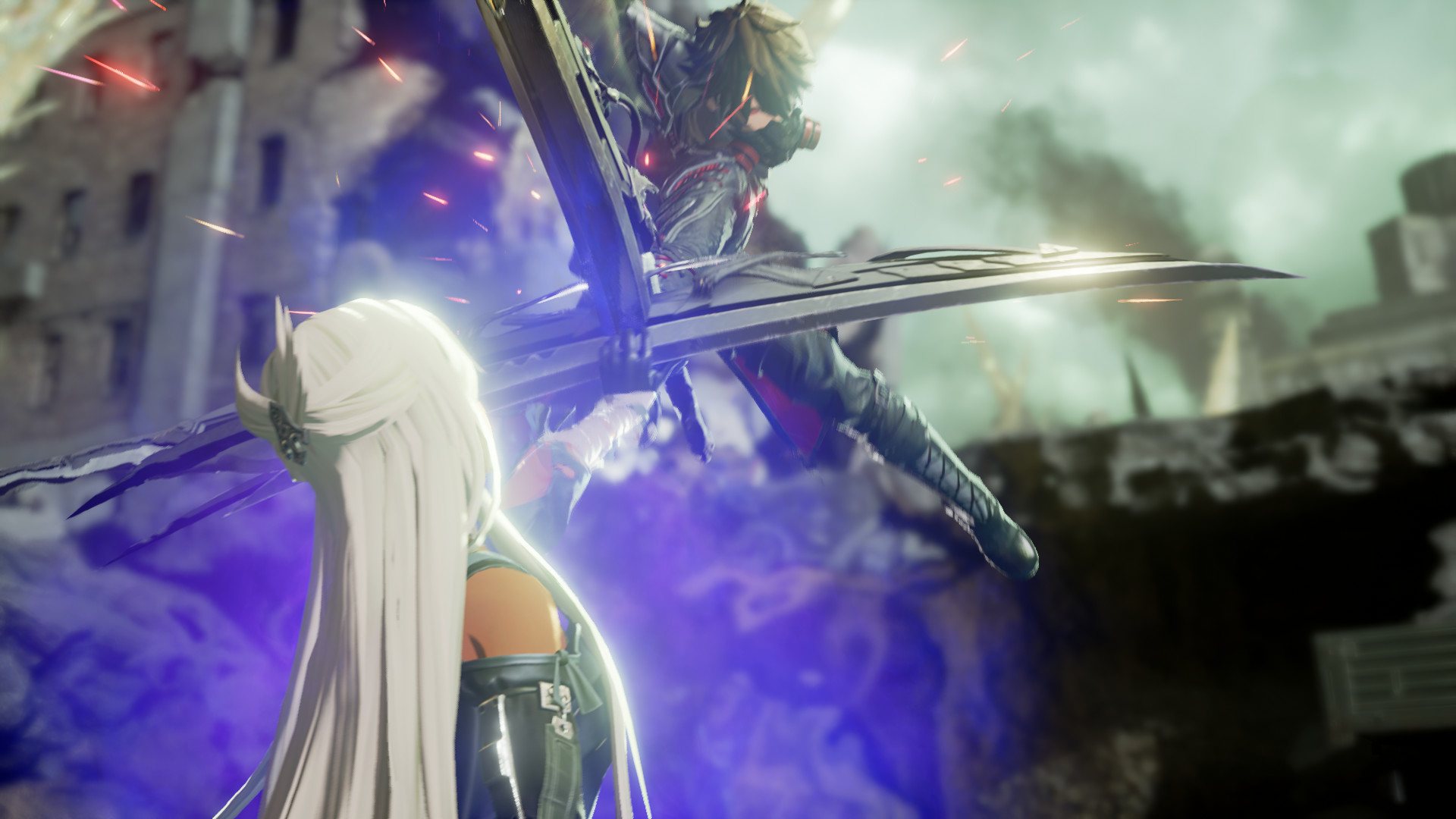
The game ran pretty consistently at around 50 to 60 fps at all times on my PC. One of my favorite aspects so far has been the boss designs which mainly just look awesome. It’s really worth pointing out the second boss in the game, which was very well designed.
The sound design of Code Vein was not bad either, the voice acting was pretty solid, ranging from good to okay. No character’s voice acting really blew me away, but there also was no voice acting that was what I could consider bad either.
The boss music was decent as well, but there was no single track that I felt was better than anything in Dark Souls or Sekiro, still they served their purpose and never took away from the experience.
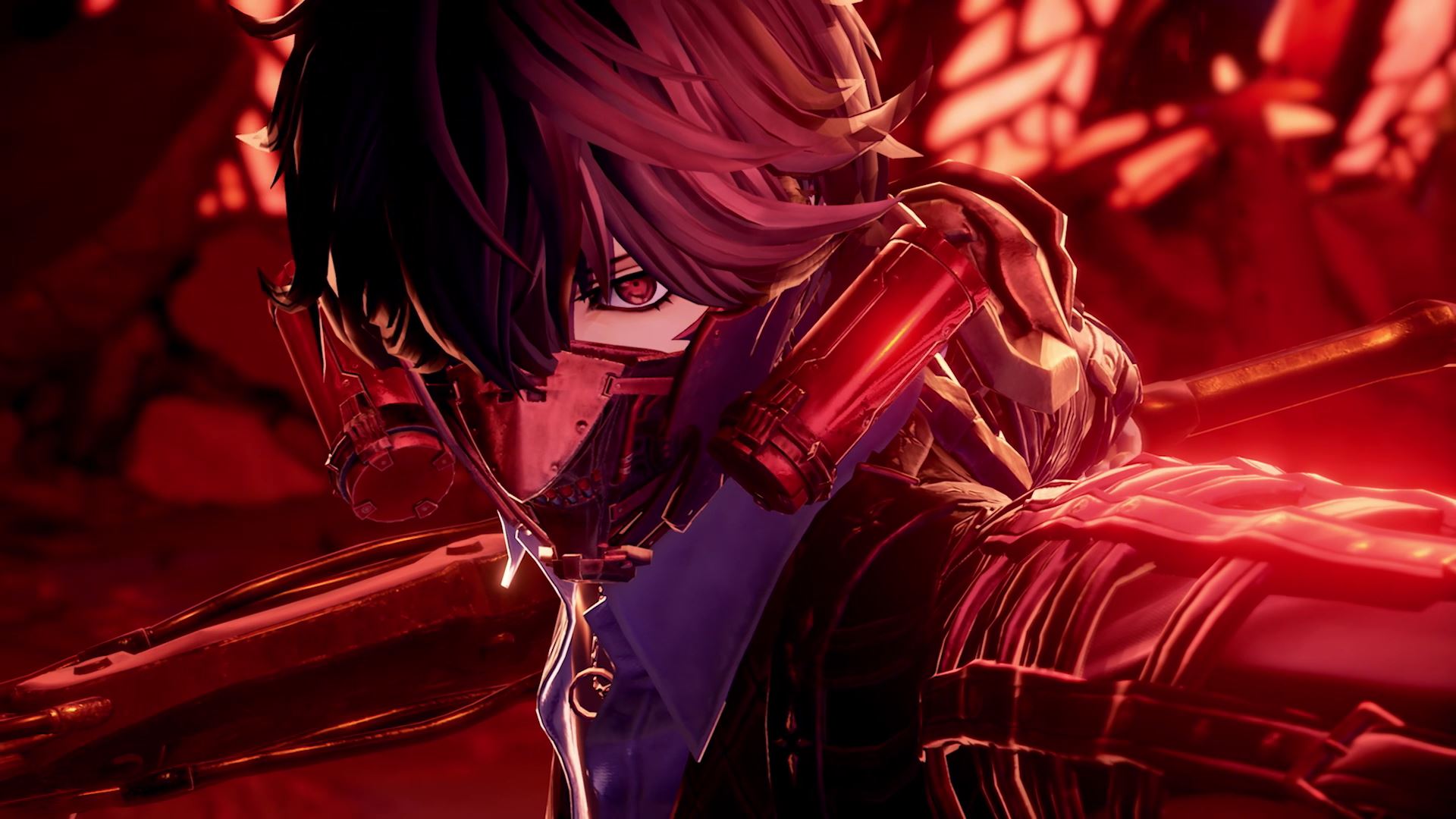
Honestly, the only negative that I had with the way Code Vein was presented was the lack of proper customization. I chose to play as a male character and it feels like that was a mistake. There are not many outfits in Code Vein, nor many options in general.
There is a lot that can be done with what has been given to the players, but in a game with very little variety in armor pickups to begin with, it does not feel like there was much that I could, nor did anything really feel special or stand out to me.
This is a shame because the tools of the character creator are surprisingly robust and have a lot of potential for character creation. However, all one has to do is look at the assortment of characters that follow you on your journey, to see everything that can be made. Most players will have no problem creating the revenant that speaks to them.
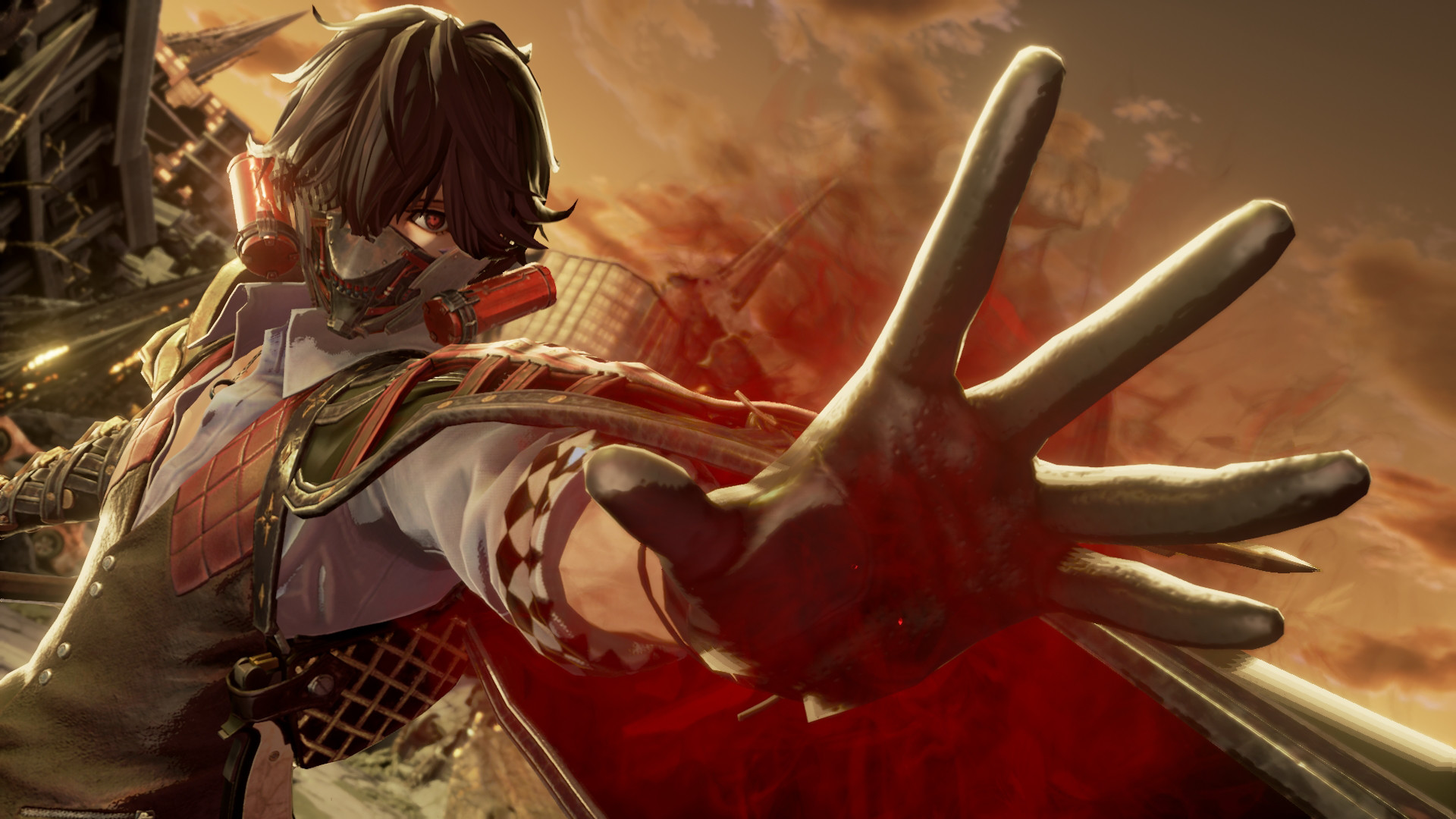
I truly enjoyed my time with Code Vein and I will continue to play it as more content releases via the season pass. While it is certainly not perfect, it is one of the better attempts at creating a new Souls-like IP.
Code Vein has incredible promise and I hope that it sells well enough to warrant a sequel because the issues that I do have with it can easily be solved. I honestly believe that Bandai Namco has something big on their hands here. I can only hope that the future holds good things for Code Vein.
Code Vein was reviewed on Windows PC using a review copy provided by Bandai Namco. You can find additional information about Niche Gamer’s review/ethics policy here.